News & press releases
Women and STEM: LEGaTO researcher talks about her work on energy-efficient computing

Isabelly Rocha is a LEGaTO researcher and a PhD candidate at University of Neuchâtel. In this interview, Rocha tells us about her research on energy-efficient computing and her experience as a female researcher in the computer science sector.
How did you become interested in computer science? What influenced your decision to take this career path?
Back in school subjects like math and logics were very intuitive for me, so I knew that I would like to do something in this direction. The idea of Computer Science sounded interesting, I gave it a try and it turned out to be the right decision.
Could you tell us a bit about your research?
I am working with distributed and heterogeneous computing with focus on energy efficiency. I am especially interested in optimizing resource utilization on the cloud by profiling low-level system metrics and predicting applications requirements using machine-learning techniques. As privacy is one of the major concerns towards cloud providers, security is also tangential to my work, which I try to achieve via hardware-assisted mechanisms.
What are your responsibilities in LEGaTO? What is your experience working on the project?
I have designed and implemented HEATS, a heterogeneous and energy aware scheduler that leverages the different types of hardware used by LEGaTO’s use case applications. Currently I am working on the integration of OmpSs and SGX in order to ensure that the currently supported level of parallelism remains the same but under secure mechanisms, which is required for user privacy. My experience in the project has been very positive. I had the chance to collaborate with many different researchers and learn a lot from them.
You have been based in very different countries along your career, have you had different experiences as a female researcher? Have you faced any challenges as a woman studying and working in STEM?
Independently of the country where I was based in, I always noticed that women in this area are a minority group. Although I have never faced any challenge myself because of that, I am aware that this is often not the case and that is why closing this gender gap is so important.
What message would you give to young girls who are interested in pursuing a career in STEM?
Do not let any label limit your options. If you are interested in this or any other area, just go for it!

